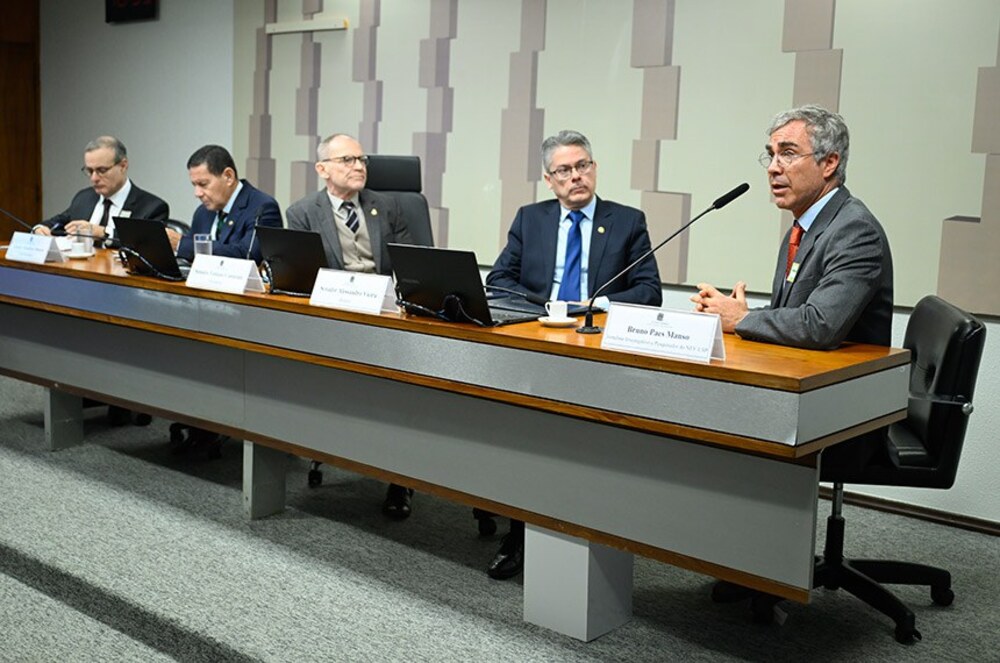CPI Warns of Nationwide Expansion of Organized Crime

Brazil.– November 27, 2025 – www.zonadeazar.com A key session of Brazil’s Parliamentary Inquiry Commission on Organized Crime revealed that major criminal factions now operate across all 26 states and the Federal District, exposing a sophisticated structure with significant implications for security, the economy, and anti-laundering controls.
Overview
The session highlighted a clear diagnostic: criminal factions in Brazil are no longer regional phenomena. They now operate in a coordinated manner throughout the country, combining territorial control, financial capacity and advanced technological strategies.
Experts emphasized that these organizations work with a corporate structure, articulating multiple fronts such as drug trafficking, extortion, institutional corruption, asset laundering and increasing use of digital infrastructures.
The expansion of these networks represents a structural challenge for the State, which struggles to regulate, supervise, investigate and act in an integrated manner.
Details / Background
Data presented during the debate illustrate the degree of sophistication reached by these groups. They move a parallel multi-billion-real economy, with the ability to infiltrate formal sectors and exploit gaps in control systems.
Technology has accelerated their expansion: satellite communication in remote areas, use of crypto-assets to disguise financial origins, digital platforms that enable real-time transactions, and informal financial ecosystems that bypass regulations.
Experts also highlighted the fragility of state institutions, disparities in regional resources, lack of unified intelligence systems and limited communication between safety and control agencies.
Prisons, instead of curbing criminal coordination, often function as command centers. Overcrowding, low monitoring capacity and the influence of faction leaders further intensify this dynamic.
Key Subtopics
Nationwide coordinated operation
Major factions have expanded their presence across practically all federal units through logistics networks, operational cells and financial infrastructure.
Criminal economy and money laundering
The economic volume managed by these organizations competes with formal sectors. Strengthening financial oversight, monitoring suspicious transactions and supervising high-risk digital accounts are essential steps.
Technology as a criminal tool
Encrypted communication, satellite networks, crypto-assets, digital wallets and untraceable digital ecosystems have become part of the operational backbone of organized crime.
Institutional gaps and fragmentation
A recurring theme was the urgent need for integrated federal strategies. Fragmentation, lack of coordination and insufficient operational capacity enable the unchecked advance of criminal factions.
Future outlook
The Commission announced upcoming hearings with governors, security secretaries and financial authorities to examine institutional failures and propose concrete solutions. Priority areas include:
• enhanced financial monitoring;
• integration of intelligence systems;
• reform of penitentiary structures;
• modernization of legal tools linked to digital activity;
• strengthening technical teams for oversight.
The challenge will be balancing deep reform with immediate action to curb criminal expansion. The CPI aims to transform its broad diagnostic into consistent long-term public policy.
🔗 Edited by: @_fonta www.zonadeazar.com